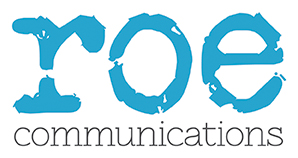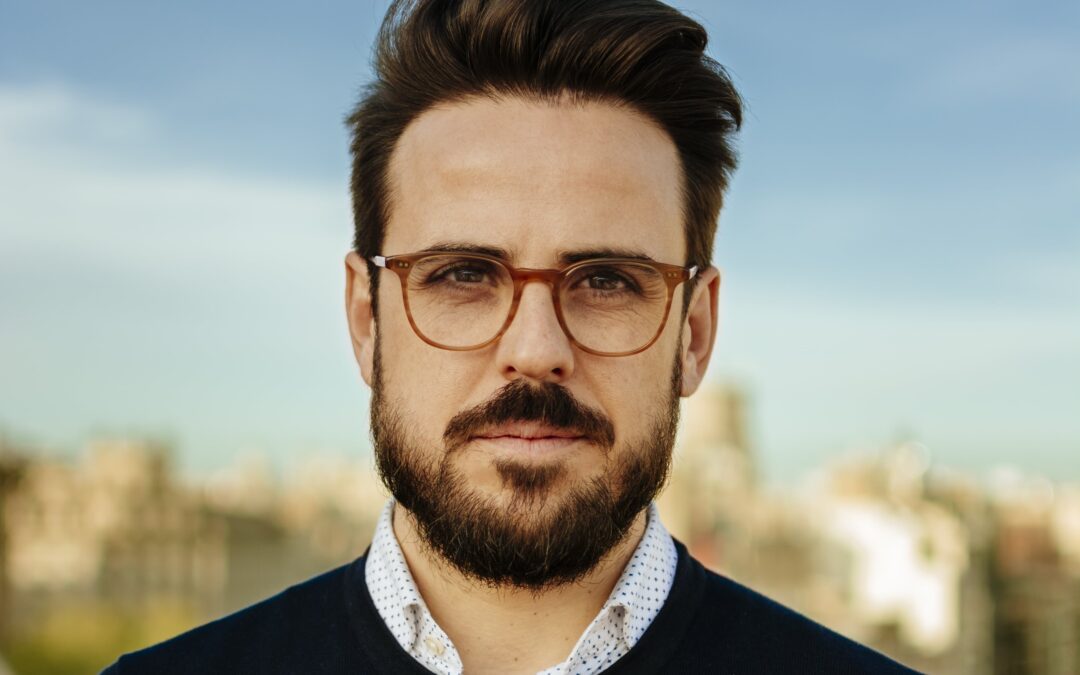Nacho Cecilia is the Chief Communications Officer (CCO) of the UPF Barcelona School of Management. He lives in Barcelona with his wife and two kids. He is responsible for leading the reputation and communication strategies of a double-accredited business school. This challenge would be much more boring without the support of a wonderful team!
1. Can you give us a bit of your “back story”? What led you to your current career path?
I entered the higher education sector in 2011. At that time, the sector was in full swing, at least in Spain. I fell in love with it. Before that, my main areas of professional development had been business consulting and analytical marketing in the industrial sector.
Initially, my responsibilities were more focused on strategic brand management. But I quickly took on broader responsibilities in communication and reputation.
From there, I began a journey that has brought me to where I am today. Along the way, I have added brand management, stakeholder management, internal and external communication management, customer and employee experience, social media strategies, and reputation management to my skill set. This was always with projects that were expanding nationally and internationally.
2. Can you share the most interesting story you have experienced in your current role? What were the most valuable takeaways?
I have had many incredible experiences in my current position. I would highlight the entire process we had to implement to enter the Financial Times Executive Education ranking for the first time. It was a cross-functional effort led by our department, but we worked closely with many other areas of the school. We implemented a working methodology that we have continued to refine to this day. This has enhanced our reputation and impacted many areas of UPF-BSM.
It is an example of what a modern and agile organisation should be: focused teamwork, continuous improvement and a cross-cutting impact from the inside out.
The other is helping my team to grow personally and professionally, but that’s a topic for another interview😊.
3. Differentiation seems to be a big challenge for business schools at the moment. How should they approach it?
Communication professionals need to reflect more deeply, moving from uniqueness to relevance.
In a relatively mature sector, differentiation or uniqueness is difficult to achieve. This is especially the case for business schools with a cross-cutting product portfolio. Undoubtedly, this responds to the needs of the business world and society, but prevents us from finding clear areas of differentiation.
As I read in a McKinsey article: “a company’s culture can be the ultimate competitive advantage in a world where business models can be replicated, and it can be the difference between doing well enough and doing really well”.
This is the best approach today: be clear about who you are, define what kind of school you want to be, check that it really responds to market demand. From there, make sure that every person in your organisation is aligned with this vision. That is the fastest way to be relevant, rather than just unique.
4. What are the top 3 pieces of advice you would give to business school communicators now?
- Define your purpose, agree on it with the entire institution, and remain faithful to it in every phase of the student and employee journey.
- Be part of strategic decision-making and become the institution’s best advisor. Anticipation is key in the different strategic pillars of a business school, whether business or academic, and CCOs must play a key role in this regard.
- Never forget the business. We can significantly impact all stages that ultimately generate revenue, and we need to know our market to articulate our strategies better.
But, foremostly, enjoy the ride! We work in a wonderful profession that has the ability, through the institution but above all through the students, to make a positive impact on society.
5. Are you working on any exciting new projects you want to tell us about? Who will benefit?
We are currently immersed in a fantastic, cross-cutting project to define the school’s strategy for the next five years. This builds on a series of strategic goals we’ve already accomplished that mark the beginning of a new phase.
From a CCO’s point of view, this is a crucial moment, as it lays the foundations for the school of the future from many angles, but above all from the framework of our purpose. We now have the ability and responsibility to define our strategic direction for the coming years and, above all, how we will do so (something that is fundamental to our work).


